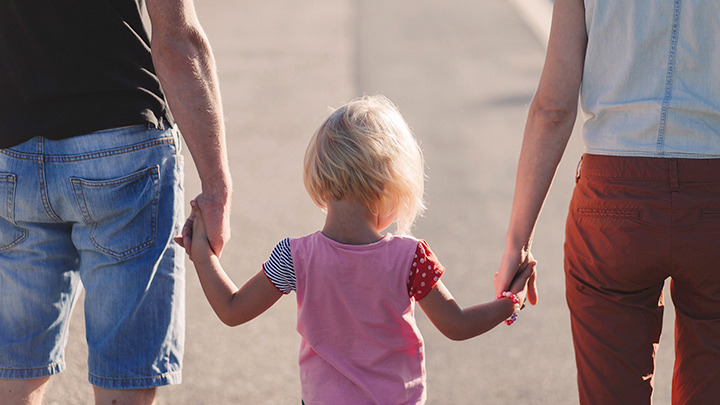“Families and Inclusive Societies”, the theme for this year’s International Day of Families (15 May), is worth considering in the Irish context.
The latest homelessness figures in March 2018 for Ireland indicate that there are 1,720 families in emergency accommodations such as family hubs, Hotels and B&BS. 82 of these are in the Western region (Galway City and the three counties of Galway, Mayo and Roscommon). For these families an inclusive society is not a reality, they face social exclusion on a daily basis as they are “unable to participate in society because of a lack of resources that are normally available to the general population.”[1]
The World Summit for Social Development (Copenhagen 1995) defines an inclusive society as a “society for all in which every individual, each with rights and responsibilities, has an active role to play”. An inclusive society must be founded on a respect for fundamental freedoms and rights, that values social justice, ensures equal opportunities for all including those who are vulnerable and disadvantaged.
Families currently residing in tourist accommodation don’t have their fundamental freedoms and rights realised. Offering families who experience homelessness short term solutions such as emergency accommodation is unjust and unsustainable. These solutions pay little attention to a family’s long-term needs and only address an immediate need of shelter. Many families in emergency accommodation do not have access to cooking or laundry facilities. There is no place for children to play, do homework or have friends over. Without these resources families find it difficult to participate in society and their communities and are therefore excluded. Research indicates the longer a household experiences homelessness the greater the likelihood that they will experience social exclusion, and exclusion from mainstream society, family, friends and the local community[2].
A family’s experience of homelessness impacts negatively on their economic, social and health well-being. It can affect children differently with the impact on young children being much less than for older children. Child-parent relationships can deteriorate, the overcrowded and stressful living in some homeless situations can create family tension and conflict.
It is important to note that it is not the fault or actions of the family that makes them homeless but rather structural factors such as unaffordable rents, lack of social housing, unemployment and economic difficulties.
The housing crisis is likely to continue. Using the Housing Assistant Payment (HAP) scheme as the primary source of social housing provision further exposes families to risks in the market such as increasing rents, lack of private rented housing supply, receiving notices to quit, or unacceptable housing conditions. Family Hubs and private tourist accommodation are not acceptable social or political solutions and are leaving families inadequately housed.
The only solution to address this is to build more social housing.
In a fair and just society, offering short-term solutions to the housing crisis is unjust and unfair. Without the safety and security that a home provides it is almost impossible for a family to be part of an inclusive society.
David Byrne, Advocacy & Policy Worker
COPE Galway
